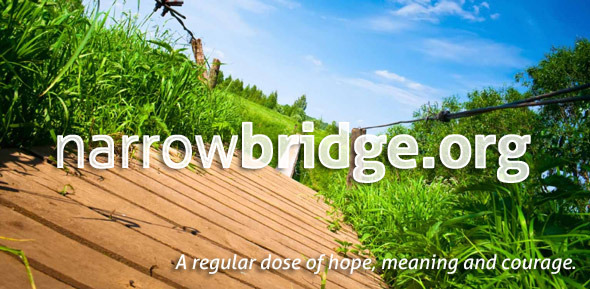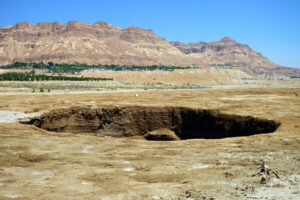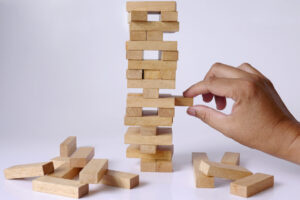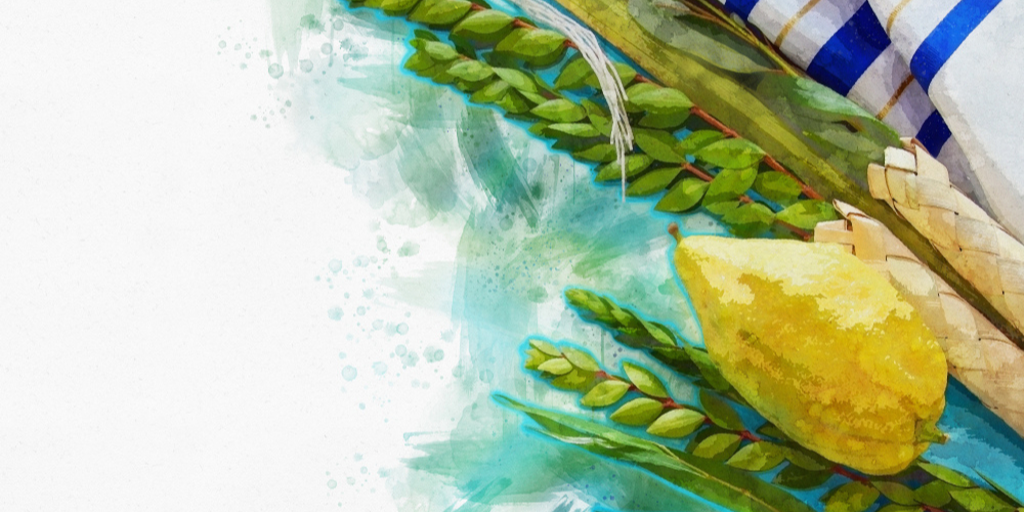How To Rise Above Pain
BRI’s NarrowBridge.Org sends out twice weekly inspiration providing a regular dose of hope, meaning and courage. These emails include small doses of Rebbe Nachman’s wisdom, enabling us to get through the week in a more spiritual way.
If you would like to receive these emails click here.
Rebbe Nachman of Breslov taught… |
|
Reb Nosson wrote: “Rebbe Nachman has explained that lack of understanding alone is the essential source of the pain people experience… For it a person’s understanding were complete and he knew that everything was being arranged and directed by G-d for his own good, he would certainly not be distressed at all…” |
What does this mean to me? |
| One of Rebbe Nachman’s most powerful lessons on the nature of suffering, Likutei Moharan I:65, describes the spiritual mechanism that allows a person to transcend pain. This lesson was the furthest thing from theoretical; when he taught it, he had already lost his only son, the wife of his youth, and was severely afflicted with the tuberculosis that eventually took his life. Rebbe Nachman was no stranger to suffering, and he emphasized that both physical and emotional pain are the results of a suspension of Da’as, of Divine awareness.
While it is true that there have been great tzaddikim like Rabbi Akiva who took no note of their intense physical pain because they were in a state of attachment to G-d, the lesson has practical applications for more ordinary people like me too. To me, there are two kinds of pain—the “objective” pain, and then the further suffering of fear and feeling abandoned by G-d to suffer. Objective pain has its limits; the latter suffering hits a person at a much deeper place and turns it into a kind of psychic torture. While I may not have control over the extent of the primary pain, the secondary distress is purely due to the suspension of Da’as. And if I can hold strong to my Da’as, the primary pain can be managed. |
A prayer: |
|
Master of the universe, We encourage hearing your feedback and may anonymously publish your remarks. Please send email to: [email protected] |
- 0 comment






















